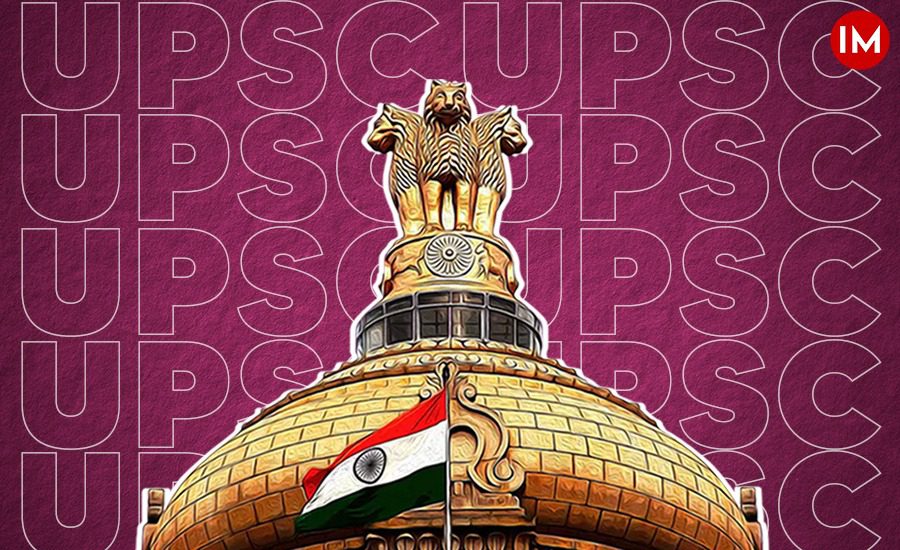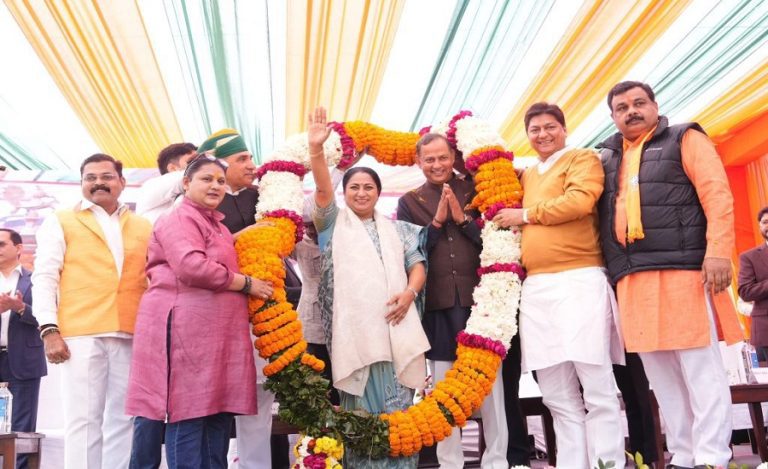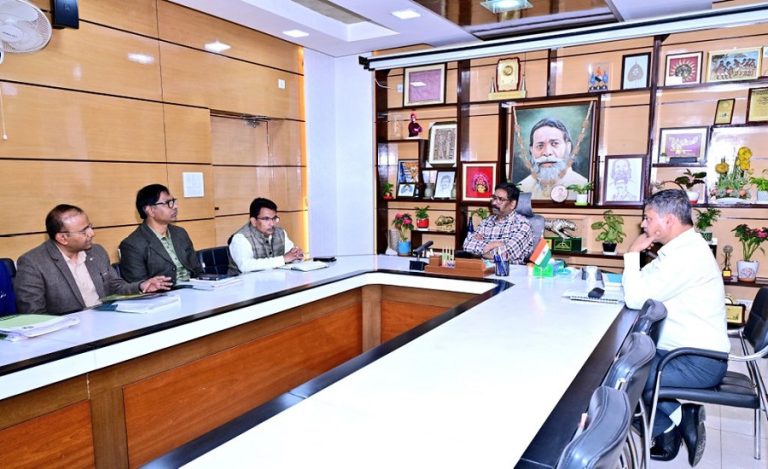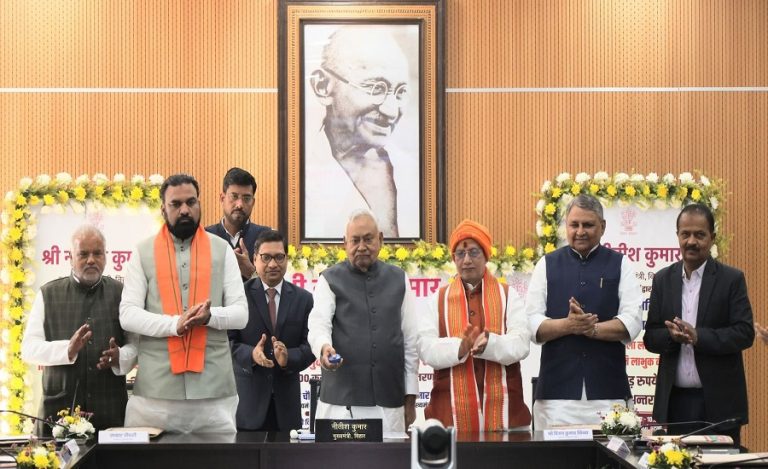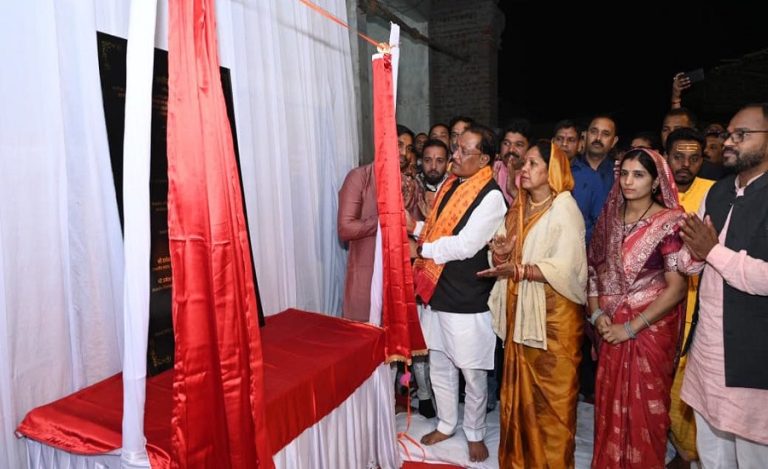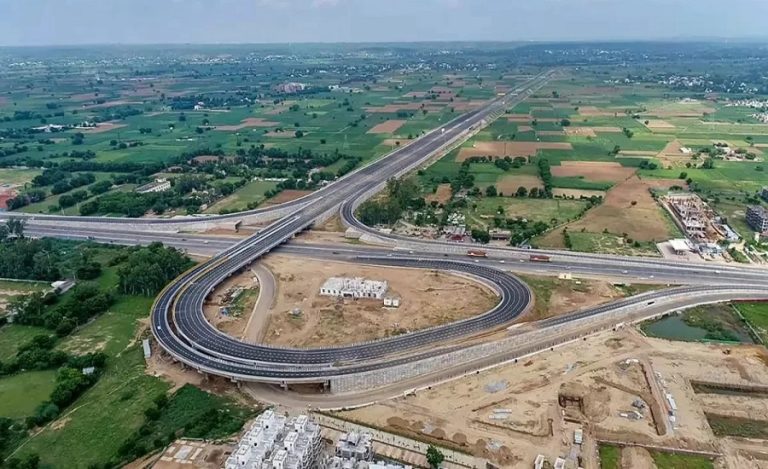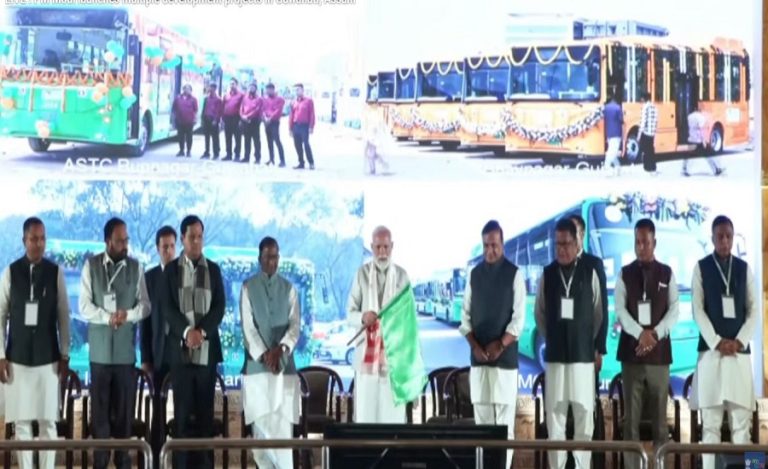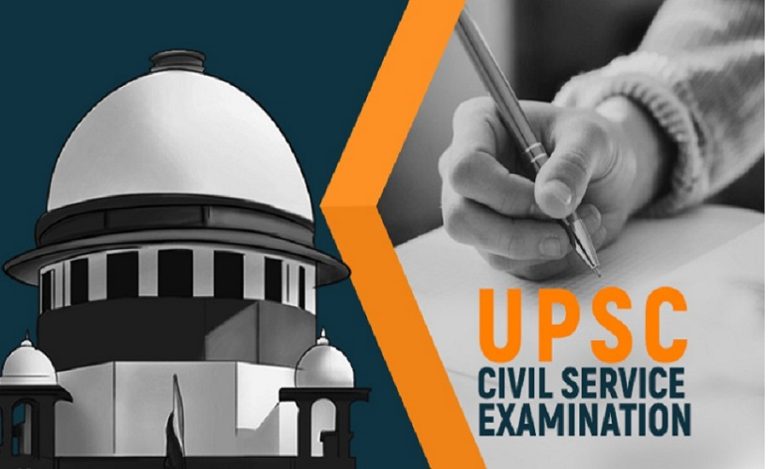New Delhi: The Union Public Service Commission (UPSC) has informed a Parliamentary Standing Committee that the duration of the year-long Civil Services Examination (CSE) cannot be curtailed due to the complex logistics, rigorous evaluation process, and the need to uphold the confidentiality and integrity of the examination.
In its submission to the panel, the UPSC asserted that the examination timeline has already been optimised to the maximum possible extent, despite the rising number of candidates and venues over the years. The Commission’s remarks were included in the 154th Action Taken Report related to the 131st report on the “Review of Functioning of Recruitment Organisations of Government of India,” tabled in the Rajya Sabha on August 8.
‘Utmost Confidentiality Is Vital’: UPSC Defends Current CSE Structure
“One of the most vital factors in determining the schedule of an examination is the need to maintain utmost confidentiality and integrity. Various checks and balances have been integrated into the examination system through years of experience,” the UPSC told the panel on Personnel, Public Grievances, Law and Justice.
The Civil Services Examination is conducted in three stages—Preliminary (objective), Mains (descriptive), and Personality Test (Interview)—to recruit officers for 19 All India and Central services, including the IAS, IPS, and IFS.
Scale and Evaluation: Why Compression Isn’t Feasible
The UPSC underlined the logistical complexity involved:
- Over 10 lakh candidates applied for the 2023 CSE
- The exam was conducted at 2,538 venues across 79 centres
- Evaluation of 1.20 lakh Mains answer scripts takes over two months
The gap of 2.5–3 months between each stage—Prelims, Mains, and Interview—has been carefully calibrated and cannot be reduced further without compromising the quality of the process.
Panel Recommends Faster Results, Early Answer Keys
The Standing Committee had earlier recommended a re-evaluation of the recruitment framework, calling the current examination cycle “too prolonged.” It also pushed for early release of the Preliminary examination answer keys and a mechanism for candidates to raise objections before Mains results are announced.
The UPSC, however, rejected this suggestion, stating that its Question Paper Representation Portal (QPRep) already allows candidates to submit observations. As per existing policy, answer keys are released after the final result to protect the exam’s integrity.
“The current system has been working well in the larger public interest, and hence no changes are necessary,” the Commission noted.
Baswan Committee Reforms and Ongoing Legal Review
The panel also asked the Department of Personnel and Training (DoPT) to set a timeline for implementing the recommendations of the Baswan Committee, constituted in 2015 to reform the CSE structure and address concerns like high absenteeism and long exam cycles.
The UPSC also informed the panel that the issue of answer key disclosures and CSE reform is currently sub judice in the Supreme Court.
Read also: UPSC to Launch Centenary Celebrations from October 1, 2025; Year-Long Events Planned
Status Quo to Continue
While the parliamentary panel advocates streamlining the process for candidate convenience and efficiency, the UPSC remains firm that any major alteration may compromise fairness, accuracy, and security, which are paramount in recruiting India’s top administrators.

